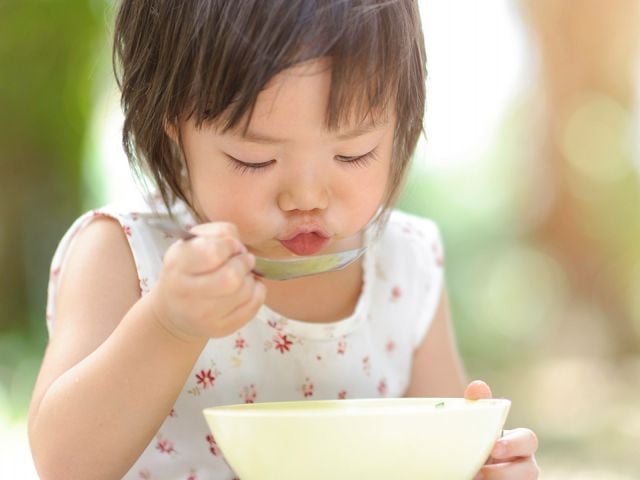WASHINGTON – Many new parents are aware that the toxic chemical Bisphenol-A (BPA) leaches from plastic baby bottles found on the shelves of stores across America. But a new investigation by Environmental Working Group (EWG) reveals that BPA is also used to line nearly all infant formula cans. BPA levels found in liquid formula are likely to be far higher than those that leach from bottles under normal use.
EWG contacted company officials at Nestlé, Ross-Abbot (Similac), MeadJohnson (Enfamil), Hain-Celestial (Earth’s Best), and PBM (sold under various names at Walmart, Kroger, Target and other stores). Each company’s policy was documented a minimum of three times; twice through detailed phone interviews, and once by an e-mail questionnaire. The results reveal that all manufacturers use BPA to line the metal portions of all infant formula containers, including powdered varieties.
"Many parents have switched to BPA-free bottles for their infants. They certainly should have access to BPA-free formula as well," said Sonya Lunder, a senior analyst with EWG. “U.S. manufacturers of infant formula and baby bottles can and should do the right thing and remove this harmful chemical from their products.”
“There is mounting scientific evidence that BPA is toxic, especially to children,” said Aaron Freeman, Policy Director with Environmental Defence. “Governments should be acting quickly, starting with a ban on BPA in food and beverage containers.”
Previous formula testing by EWG and the Food and Drug Administration (FDA) has shown that BPA leaches from the plastic lining of metal cans into liquid formula, exposing formula-fed babies to potentially harmful concentrations that are higher than levels leaching from the bottles. BPA levels in powdered formula sold in the United States haven’t been tested, but this formula is diluted with water before being fed to babies, and thus poses less risk to babies.
In light of these findings, EWG has created an online guide for parents to help them make the most informed decisions about how they feed their babies.
Should Parents Be Concerned About BPA?
Two separate panels sponsored by the National Institutes of Health (NIH) have both detailed concerns within the last year about infant exposure to BPA. One of the NIH panels consisting of 38 BPA experts from around the world expressed grave concerns that human exposures are at or above the levels that cause harm in animal studies.
The other panel within NIH – The Center for the Evaluation of Risks to Human Reproduction (CERHR) - concluded that there was “some concern” that infant exposure could harm brain development and adversely affect behavior. The chairman of the CERHR panel indicted that parents would be wise to avoid infant exposure to the chemical until serious outstanding questions about BPA’s potential harm are sorted out.
EWG’s previous estimates found that BPA exposures from liquid formula add up, particularly for the smallest and hungriest babies. We found that 1 out of every 16 infants fed ready-to-eat liquid formula are exposed to BPA at doses exceeding those that caused increased aggression and significant changes in testosterone levels in laboratory animals.
EWG is a nonprofit research organization based in Washington, DC that uses the power of information to protect human health and the environment.
Environmental Defence protects the environment and human health. We research. We educate. We go to court when we have to. All in order to ensure clean air, safe food and thriving ecosystems. Nationwide.



